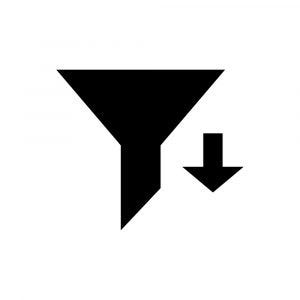
ViroCell has partnered with Great Ormond Street Hospital to address the global viral vector manufacturing bottleneck for clinical trials.
Contract development manufacturing organization (CDMO) ViroCell Biologics says its partnership with Great Ormond Street Hospital (GOSH) will more than double the UK’s lentivirus vector manufacturing capacity for clinical trials in 2022.
Additionally, ViroCell claims the collaboration will secure its position as the first CDMO in the UK to deliver adeno-associated viruses (AAV) vectors to the cell and gene therapy (CGT) markets. The vectors will be manufactured at GOSH’s Zayed Center for research into rare disease in children.

Image: bottleneck, c/o Stock Photo Secrets
“Together ViroCell, GOSH, and the Zayed Centre have created a global one stop-shop for viral vector manufacturing and gene-modified cell manufacturing for translational cell and gene therapies,” John Hadden CEO at ViroCell said.
According to the firm, ViroCell’s history of manufacturing more than one hundred viral vectors for clinical trials over the last 20 years coupled with Zayed Center’s capabilities will enable both companies to remove the backlog that is delaying cell and gene therapies from entering clinical trials.
ViroCell is focused “where the manufacturing bottleneck is most acute: the zone between pre-clinical concept and pivotal clinical trials.” Therefore, the firm says it is bridging the gap between small volume labs and large volume CDMOs.
High demand
Lentiviral vectors are being used in cell and gene therapies as they are devoid of viral proteins, free from replication competent virus, and able to transduce non-dividing cells.
MilliporeSigma’s head of cell and gene therapies Jerry Keybl told this publication last month that viral vectors are “going to be the dominant modality for the next decade,” but “there has been some challenges around supply [and] short-term delays.”
Keybl noted COVID-19 and rated orders as one of the reasons there is a backlog. Other firms such as VIVEbiotech said in February the demand is due to the global gene and cell therapy sectors moving quickly into a wider spread of indications that impact “more patients and use more innovative applications.”
Many cell and gene therapy companies are using lentiviral vectors in their prospective therapies. Examples include Bluebird Bio’s sickle cell gene therapy LentiGlobin, Mustang Bio’s bubble boy candidate MB-107, and Orchard Therapeutics, which last year received approval for its lentiviral-based therapy Libmeldy.
About the Author
You May Also Like









